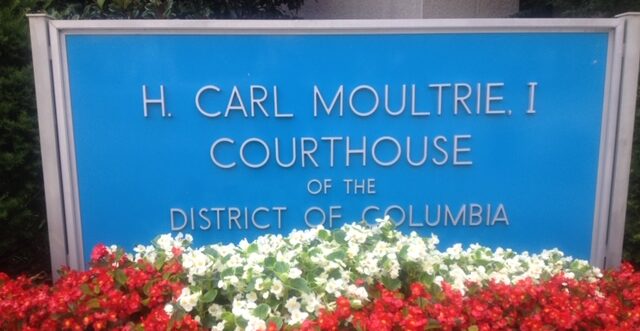
Negotiating the “proffer of facts” in a plea agreement
As part of a plea agreement, the government typically requires the defendant to agree to a written statement of facts. The so-called “proffer of facts” sets out the factual basis for the guilty plea.
After all, as I frequently tell clients, you cannot get the benefits of accepting responsibility without admitting that you actually did the crime.
For example, many defendants will have second thoughts the moment they appear in front of the judge. It is either that they believe that the court will, on its own initiative, dismiss the charges the moment the court realizes what a travesty of justice the charges entail.
Or perhaps the client thinks the judge will treat the client more leniently if the judge believes that the crime did not really occur; the defendant was simply taking the plea to make everyone else happy.
This type of exchange never goes well.
Sometimes, after a moment with the husher on, the defense attorney and client are able to rescue the plea.
“I am sorry,” the defendant then says to the court. “Yes, I did in fact do that.”
Other times, the plea hearing is aborted, and the case is set for trial.
***
I understand in principle the need to establish a factual basis for the plea: The court has to satisfy itself that the defendant is in fact pleading guilty.
What bothers me are the very detailed “proffers of fact” that the prosecutor will often insist on as part of the agreement.
For one thing, it is overkill. All the defendant needs to concede are the basic elements of the offense: I possessed a firearm in D.C. It was outside a home or business. I did not have a license to carry it. The possession was knowing and voluntary, not a mistake or accident.
For another thing, the government often insists on including irrelevant information. Does it matter that the defendant reached with the right hand instead of the left?
Finally, the government often wants to include things that are outside the defendant’s knowledge. For example, it frequently includes details about the police investigation about which the defendant would have no clue.
This leads to the awkward exchange between the court and the defendant:
“Is that an accurate description of what happened,” the court asks.
“I guess so,” responds the defendant. Now the defendant looks like he is equivocating when in fact he is just being honest.
In the end, faced with the choice of accepting the proffer or killing the whole deal, the defense will often cave to the government’s demands. After all, the defense has no right to a plea agreement. And sometimes a few accommodations are needed to accomplish a broader objective.
***
Given my problems with the proffers, I was looking forward to a recent hearing in which my client was pleading guilty to the indictment. There was no plea agreement. Therefore, there had been no prior discussion with the government about a factual proffer.
I was therefore surprised when, during the plea colloquy, the judge asked the government to state what the evidence would have shown had the case gone to trial.
I objected when the government then launched into an extended recitation of facts, including allegations of things my client was decidedly NOT pleading guilty to.
“I am sorry, your Honor,” I said to the court. “But this is a plea to the indictment. There was no plea agreement.”
The judge – a grumpy old man who is known for his harsh sentences – looked at me as if I had just insulted a member of his family.
“I know that, Mr. Koehler,” he responded icily. “But we need to establish the factual basis for the plea.
After going back and forth a few times, I eventually capitulated. After all, my client was beginning to look uneasy with the exchange, and I did not want to jeopardize the plea.
Fortunately, as my colleagues pointed out afterward when I complained, all of this should have minimal consequences for my client. Unlike a written factual proffer, which is entered into the public record and therefore accessible to anyone with internet access, someone would need to order a transcript of the proceedings to find out what the government had stated in this case about my client.
